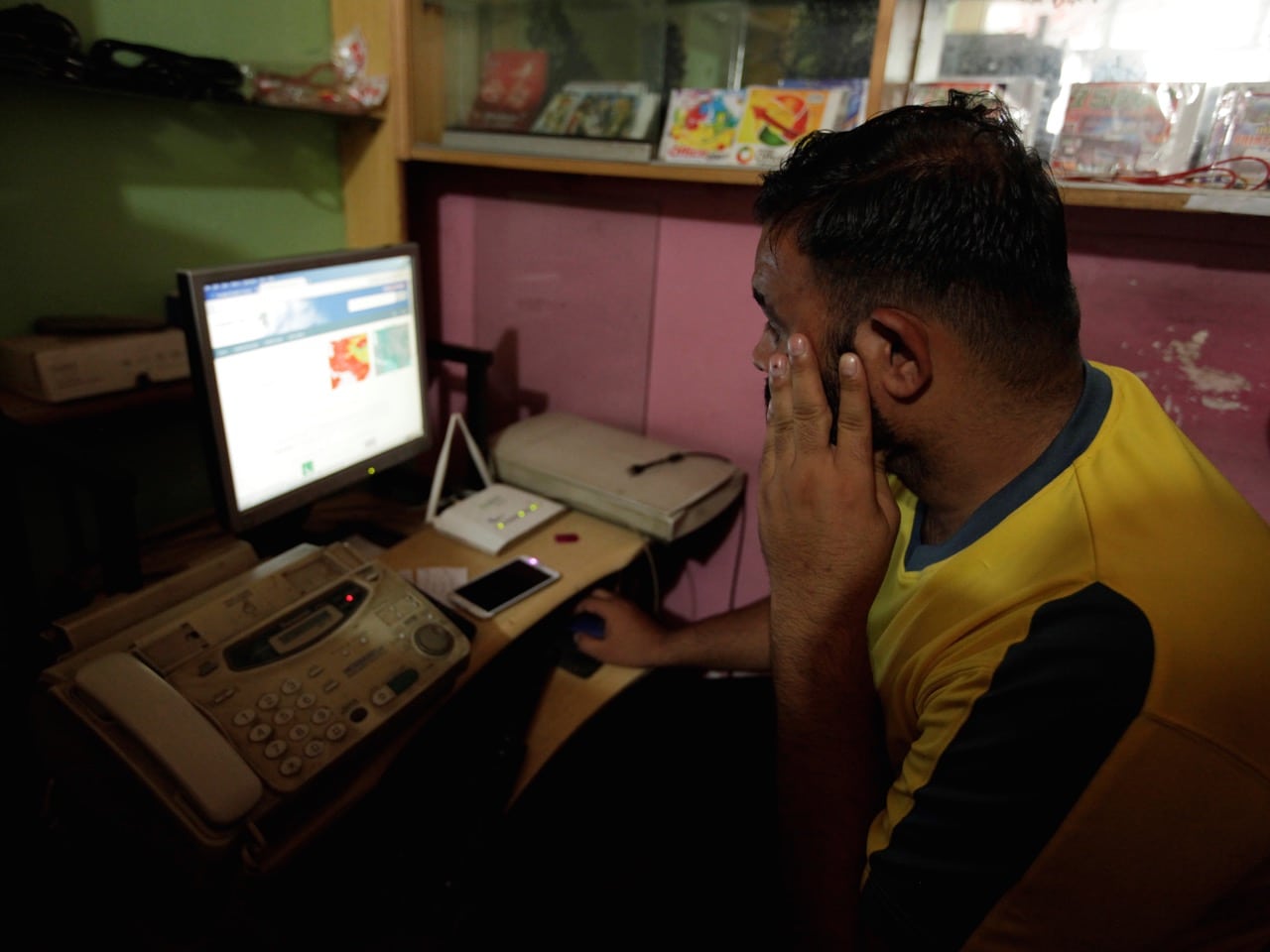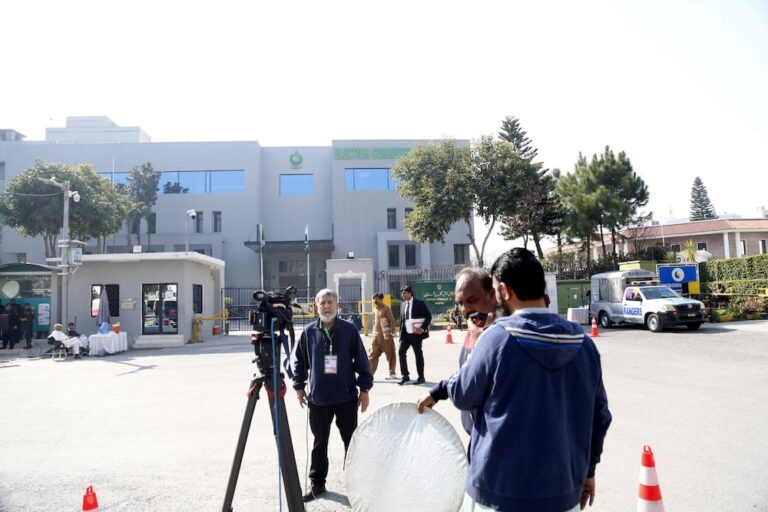"Too little too late" from opposition parties as new law is set to criminalize dissent of all types.
This statement was originally published on content.bytesforall.pk on 11 August 2016.
Bytes for All, Pakistan, has expressed extreme dismay over the passing of the “Prevention of Electronic Crimes” bill (commonly referred to as the ‘Cybercrime bill ‘) by the National Assembly today. As the bill has now been passed by both houses of Parliament, all that remains for it to become enacted as law is the formality of assent by the President.
The enactment of this law criminalises a wide range of speech online, including legitimate political and religious expression, with harsh prison sentences and fines. It also gives broad and sweeping powers to the government and law-enforcement agencies to surveil on citizens and censor their online expression, with little recourse for appeal. Already vulnerable and marginalised sections of the society – religious, ethnic and sexual minorities, political dissidents and journalists – who have had to resort the Internet as the only space where they can share ideas freely, will now be at even further risk whenever they express themselves online.
Over the past year, the draft law has received widespread criticism from the most prominent and respected human rights groups, civil society organisations, and lay people, urging the government remove or amend those sections which violate the fundamental rights to expression, opinion and privacy that are enshrined in the Constitution of Pakistan. In December 2015, Professor Dr. David Kaye, UN Special Rapporteur on Freedom of Opinion and Expression also issued a detailed statement criticising the bill for violating international legal instruments that have been ratified by Pakistan, however it was largely ignored by the government.
“While we are pleased that many opposition parties raised their voice against the bill in the National Assembly yesterday, it was unfortunately too little too late, as those parties could have played a more proactive and timely role in making more significant amendments to the bill before it was passed by the Senate last week. This is all the more concerning, given that the repercussions of the law – increased surveillance and the criminalisation of political speech — are likely to affect opposition politicians more than many other sections of society,” commented Shahzad Ahmad, Country Director, Bytes for All, Pakistan.
Although the Cybercrime bill will soon become law, the movement to oppose or amend it has not come to an end. We believe that many sections of the law are in violation of several fundamental rights and therefore can be challenged in the judiciary through a constitutional petition.



